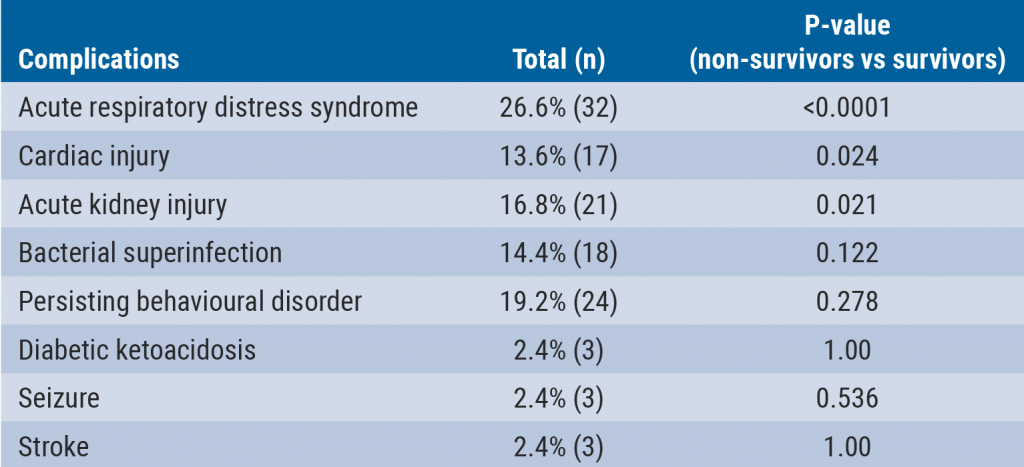In Israel, researchers found that six months after the second dose of the vaccine from Pfizer Inc and BioNTech SE, 79% of 154 patients with solid tumors had developed antibodies, as had 84% of 135 similar people without cancer, a difference that was not deemed statistically significant.
Antibody levels were similar in the two groups, the researchers reported in Cancer Discovery https://bit.ly/3jGAccu.
Separately, U.S. researchers studied 133 adults taking immunosuppressive medications for chronic inflammatory diseases and 53 healthy volunteers.
At three weeks after the second shot of an mRNA vaccine from Pfizer/BioNTech or Moderna Inc, nearly 90% of the immunosuppressed participants had developed antibodies, although many had lower responses compared to the control group, according to a report published in Annals of Internal Medicine https://bit.ly/3yEMOVy.
SOURCES: https://bit.ly/3jGAccu Cancer Discover, online September 2, 2021, and https://bit.ly/3yEMOVy Annals of Internal Medicine, online August 31, 2021.
By Reuters Staff
Posted on
Previous Article
« Nodal classification system improves assessment of cutaneous melanoma mortality risk Next Article
Primary PCI preferred reperfusion strategy for STEMI in Europe »
« Nodal classification system improves assessment of cutaneous melanoma mortality risk Next Article
Primary PCI preferred reperfusion strategy for STEMI in Europe »
Related Articles

August 18, 2021
Severe outcomes of COVID-19 in patients with dementia
July 9, 2021
Atorvastatin does not reduce mortality in COVID-19
December 27, 2021
Breakthrough COVID-19 often severe in cancer patients
© 2024 Medicom Medical Publishers. All rights reserved. Terms and Conditions | Privacy Policy
HEAD OFFICE
Laarderhoogtweg 25
1101 EB Amsterdam
The Netherlands
T: +31 85 4012 560
E: publishers@medicom-publishers.com

